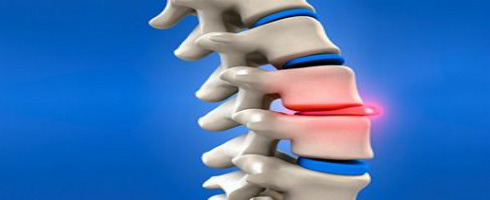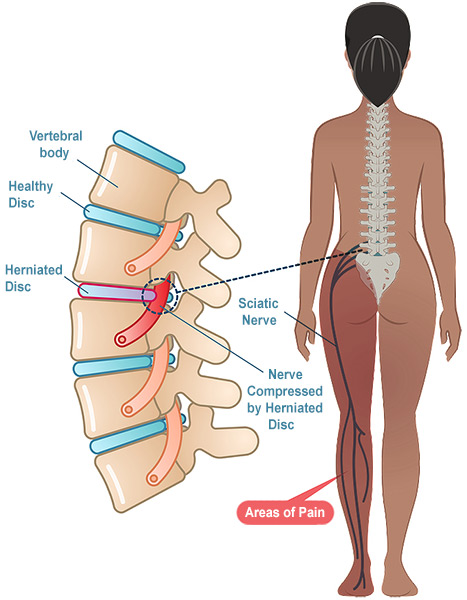
A slipped disc occurs when the soft inner material of the intervertebral disc, slips out of its outer covering. Symptoms may range from local to distant pain, depending on the location of the prolapse. A herniated disc can also compress the spinal cord. This is the most common type of slipped-disc. People of all ages are susceptible to slipping discs, but women and overweight individuals are especially at risk.
A slipped disc is a sudden and painful injury to the disc. It usually affects the lower back but can occur in the neck and spine as well. A slipped disk can be either herniated or bulging. Although a slipped disc is usually not life-threatening, symptoms of this condition can prevent you from doing your regular activities. The pain may radiate down the arms or legs, causing weakness or numbness.
A slipped disc can occur anywhere in the spine, but is most common in the lower back. Symptoms of this condition can vary, but most people experience leg pain, cauda equina syndrome, and neck pain. Luckily, slipping discs are fairly common and tend to go away on their own after six weeks or so. Sadly, some people experience persistent pain or the pain is so severe that it can lead to permanent damage.
Symptoms of a slipped disc can affect many aspects of your life. You may experience muscle weakness and joint stiffness and may want to limit physical activity until your symptoms have improved. Exercises with low impact will help to relieve your pain. If your symptoms don’t improve within 6 weeks or interfere with muscle function, your doctor will recommend surgery. The surgical procedure will remove a portion of the protruding disc or the prolapsed portion. This procedure is called a microdiskectomy.
A slipped disc is a painful condition where the disk causes pressure on the spinal nerves. Typical occurrences occur in the neck, lower back, and upper midback. Occasionally, a slipped disc may be associated with radiculopathy, which affects the roots of the spinal cord. It is important to seek medical advice to determine the cause of a slipped disc. Your doctor will be able to determine the best treatment for your particular case.

If you suspect that you have a slipped disc, you should seek medical attention right away. Your doctor will examine you and advise you on the best course of action to take. If you are at a high risk for a slipped disc, you should visit a chiropractor right away. In some cases, the slipped disc can cause serious pain. A slipped disc can be caused by several factors. The pain may be due to a herniated spinal disk or a ruptured lumbar disk.
While the most common cause of a slipped disc is back pain, it is important to note that it may also be the result of an injury or a slipped disc. While a slipped disc is common, the pain it causes can be severe. It can be very difficult to find a solution to your condition. If you’ve had trouble identifying the source of your symptoms, you may have a slipped disc. Fortunately, a slipped disc can be treated with conservative treatments.
Symptoms of a herniated disc can vary, but in general, a herniated disc causes pressure on the nerve root. This pressure can lead to a pinched nerve, which can be painful when you bend or lift your legs. Although pain is rare when the head is tilted forward or down, it is important not to strain the affected area. Site https://thai-manga.com/
warns that a GP will be able to determine if a prolapsed disc is affecting the spinal nerve, so you should not ignore the symptoms of a slipped disc.
A slipped disc is a condition in which the soft tissues of the disc (disc) move out of place. This pressure can cause severe pain, which may lead to the need for emergency surgery. Most slipping discs recover on their own, but in some cases they don’t. If you are experiencing back pain, you should contact a chiropractor immediately. Your doctor will be able to recommend the most appropriate treatment.